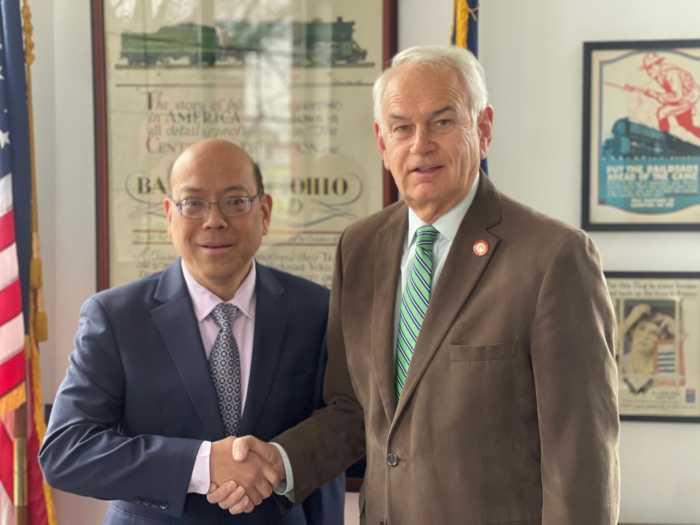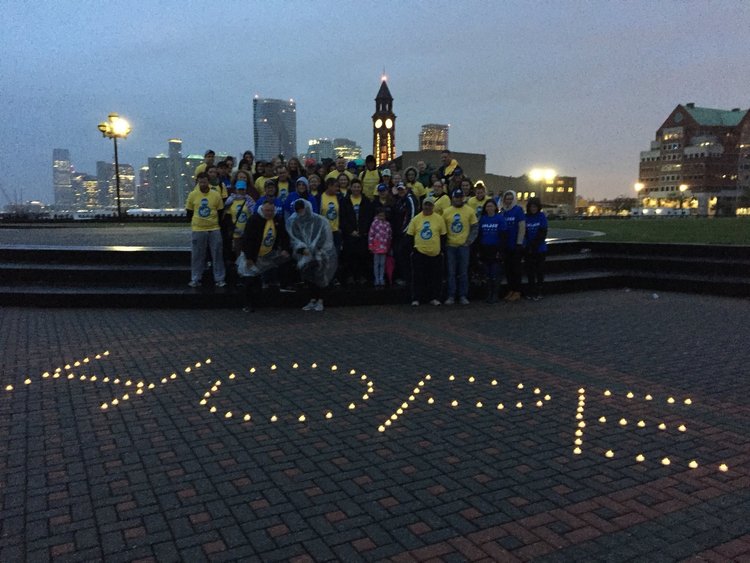By Michael Morton
“The No. 1 barrier for students enrolling today is a financial barrier,” said Michael Lomax, president and chief executive officer of the United Negro College Fund, addressing more than 800 members of the group's Greater New York Inter-Alumni Council during its 15th annual Martin Luther King Jr. Awards Breakfast at Autun's restaurant. “I think that Dr. King would agree that education provides the first, best chance for young men and young women,” he added.With many leaders in southeast Queens criticizing government spending on education as too low – state Assemblyman William Scarborough (D-St. Albans) later called President George W. Bush's No Child Left Behind Act “No Child Left with a Dime”- Lomax said, “most of our students still have an unmet need. That's where the United Negro College Fund steps in.”But while many corporations have been generous with their donations, the CEO said graduates of the country's historically black colleges need to contribute more to their alma maters and to the fund.”You might not look like millionaires, but some of you folks have some money squirreled away,” Lomax said to laughter. “You don't have to be a millionaire to make a big difference.”After Lomax spoke, Queens educator Samuel Perkins, a member of Jamaica's Amity Baptist Church, was honored by the council. Later a parade of Queens politicians and possible candidates for public office, assessed the legacy of Martin Luther King Jr., assassinated in 1968 and honored with a federal holiday Monday. In addition to Scarborough, the public figures included U.S. Sen. Charles Schumer, (D-N.Y.) U.S. Rep. Anthony Weiner (D-Kew Gardens), state Sen. Malcolm Smith (D-St. Albans), City Councilman Hiram Monserrate (D-Corona), Councilman Leroy Comrie (D-St. Albans), former Public Advocate Mark Green and Manhattan Borough President C. Virginia Fields. The councilmen are up for re-election this year, and Weiner and Fields said they will run for mayor.Monserrate noted that roughly 50 percent of black men in the city were unable to find a job and called for the end of “structural unemployment” and “disparity in the workplace.” Comrie said not nearly enough progress had been made in realizing King's goals and criticized the Bush administration for its policies.”We are back in those days,” he said of the civil rights struggle. “We have unequal schools, we have unequal communities and we have an unequal country.”Fields noted that overt racism has been largely curbed, but that minorities still did not enjoy completely equal opportunities.”There is so much we need to do and we did not come this far to stop now,” she said.Reach reporter Michael Morton by e-mail at news@timesledger.com or by phone at 718-229-0300, Ext. 154.

































